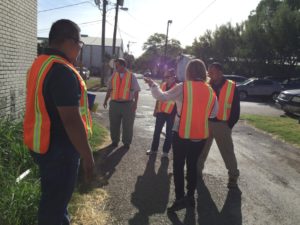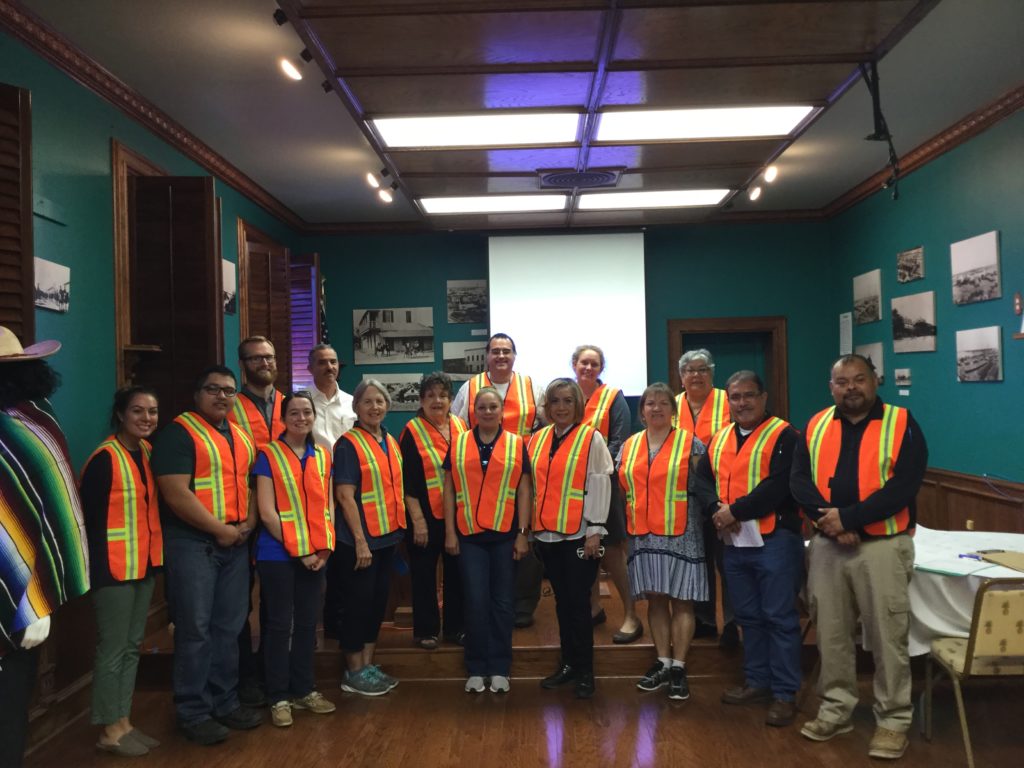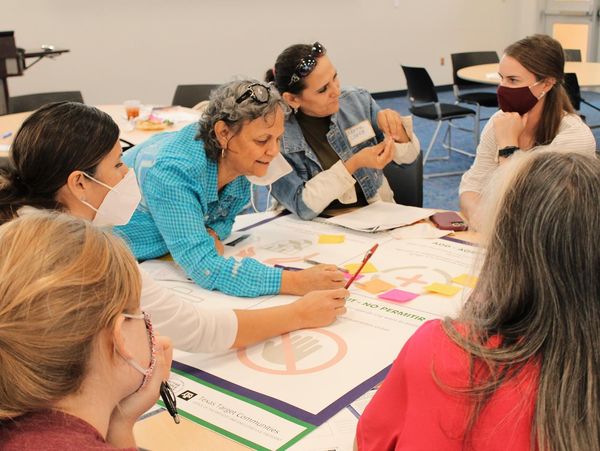
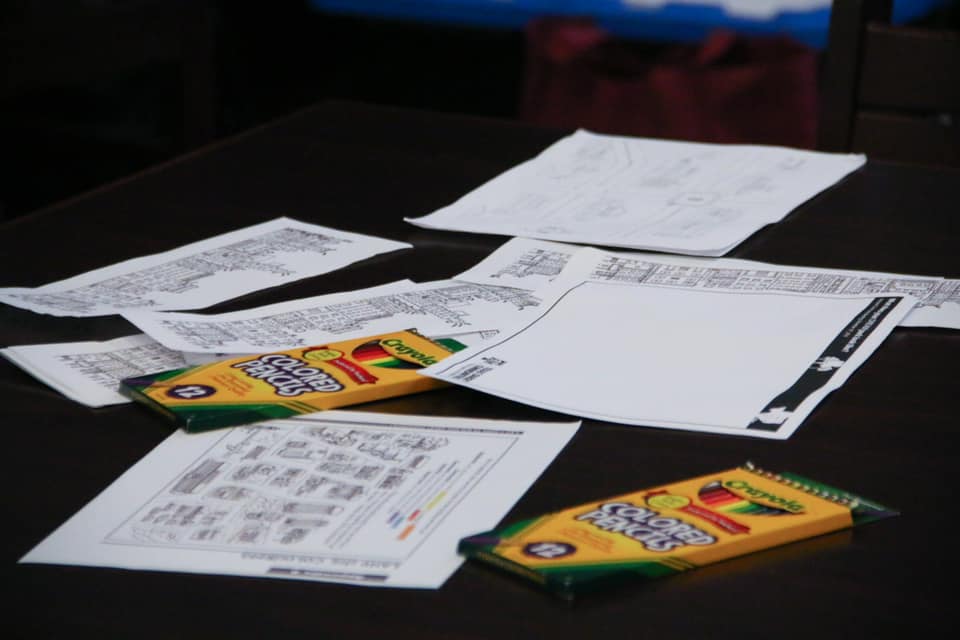
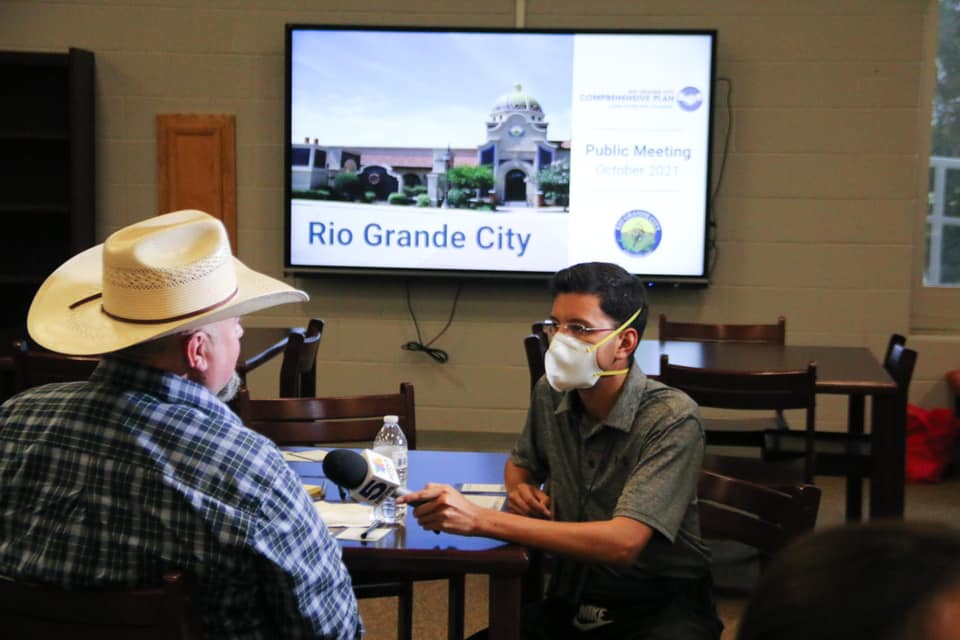
The Working on Wellness Environments team is working with the City of Rio Grande City and Texas Target Communities to begin its comprehensive planning process. The groups, with the help of the local task force known as team ¡Adelante Rio Grande!, have conducted 3 public meetings with members of the local community to gather input. Citizens highlighted needed improvements in active and healthy infrastructure, pollution, preservation, and more. This is the first of many feedback opportunities that will help guide and create the city’s comprehensive plan. For more information on how we can support your community with healthy planning and engagement, visit wowe.tamu.edu.
The Comprehensive Planning Process was featured in the Rio Review, the City of Rio Grande City’s official newsletter, highlighting what a comprehensive plan is and the phases needed to complete the plan. Click here to read the feature.
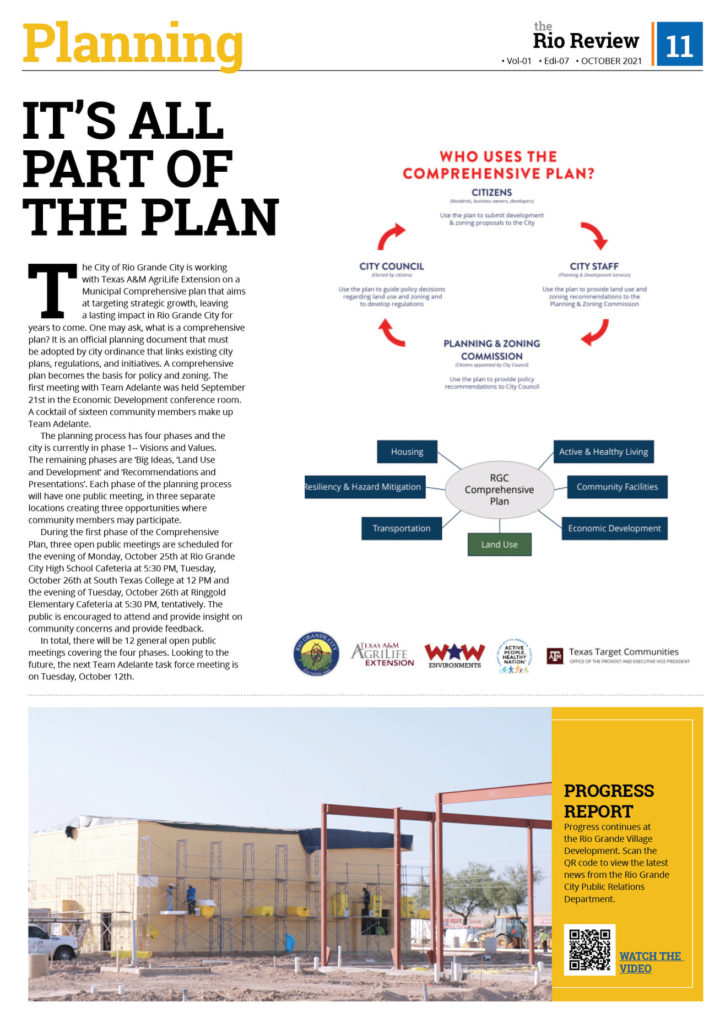
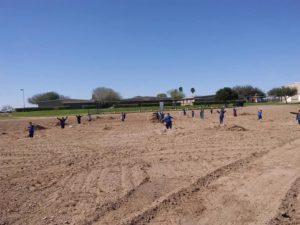 The orchard was established in January 2020 as part of a Starr County Farm to School
The orchard was established in January 2020 as part of a Starr County Farm to School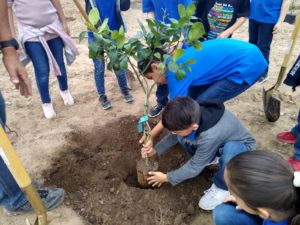
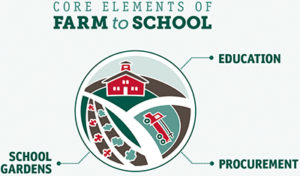
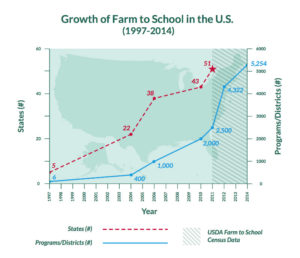 Farm to school implementation differs by location but always includes one or more of the following:
Farm to school implementation differs by location but always includes one or more of the following: